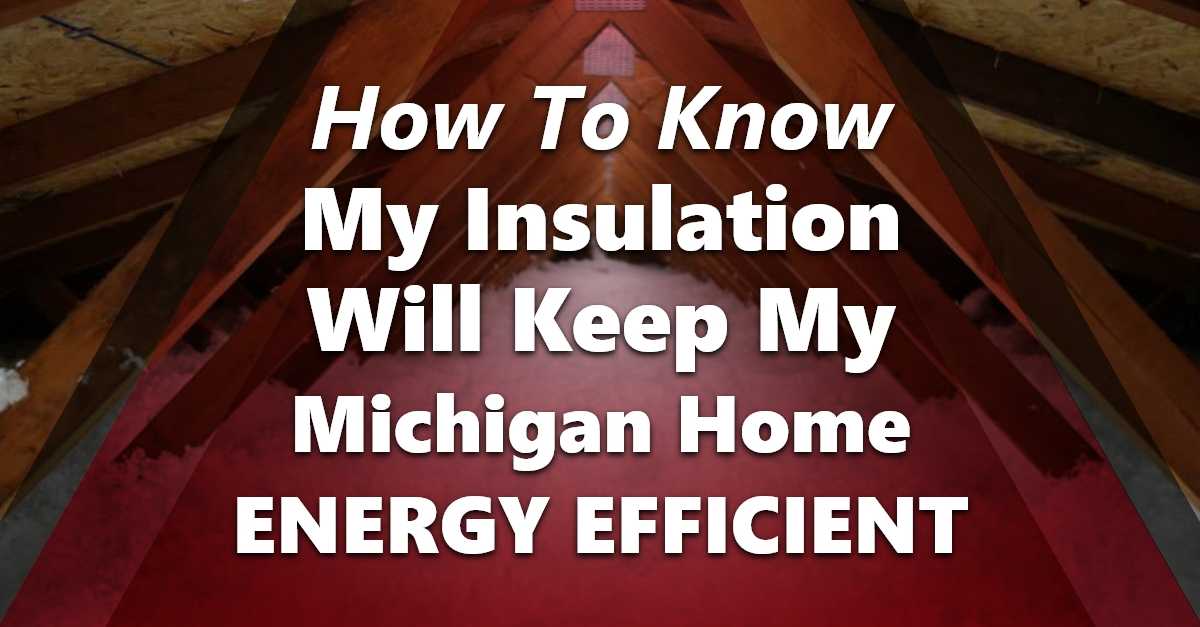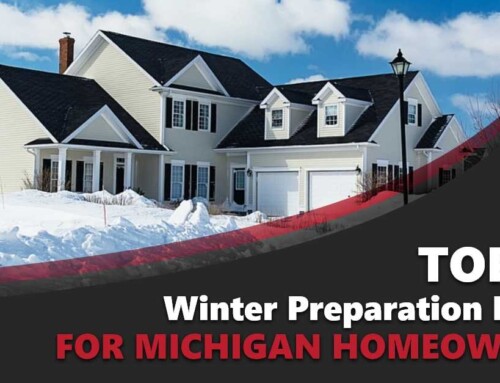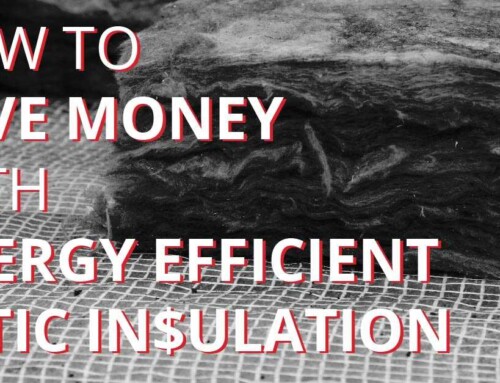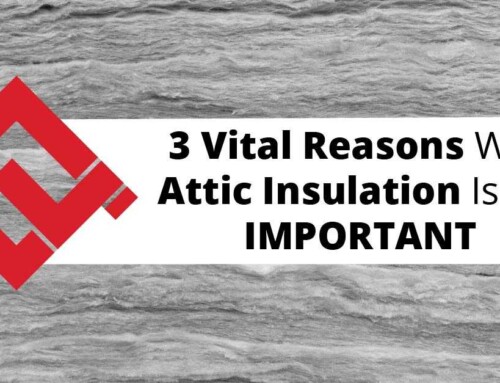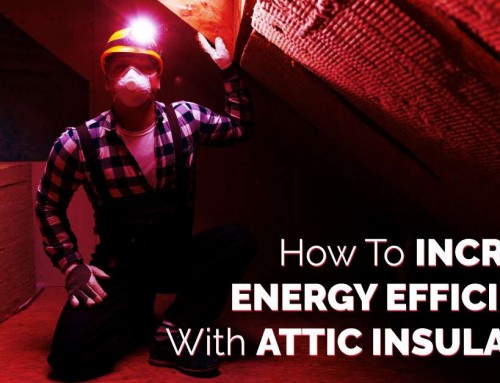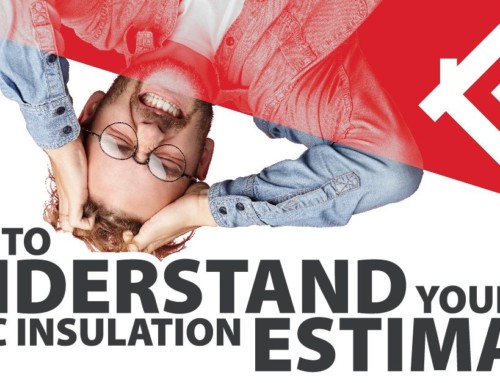Winters can get bitterly cold in Michigan. The cold season lasts about three months, with average highs of 35°F and lows of 21°F, with temperatures occasionally dropping to 10F or lower. With these cold winter temperatures, it is so important to have proper insulation to keep your heat inside and the frigid cold outside and save money on your energy bills.
The Benefits of Insulating Your Home
Here is an overview of some of the most notable benefits of insulating your home:
- Energy-Efficiency & Lower Bills
Lack of insulation makes it easy for warm air to escape the house through the attic, walls, and thin and open spaces. This necessitates more heating and cooling, which can drive up energy bills. Insulation keeps the warm air inside, reducing your heating needs and costs.
- Good Health & Comfort
With the cold temperatures outdoors no/poor insulation in your home can keep you cold inside, increasing the risk of your immune system being suppressed and increasing your chances of getting sick. Fortunately, insulation can help you to regulate the indoor temperature.
- Protection against Weather & Insect Damage
Extreme weather elements such as strong winds can damage your home when they enter through vulnerable openings. Insects can also invade your home through tiny open spaces, causing various types of damage. Insulation primarily involves sealing all open spaces, thereby keeping the weather and insects out. It is also worth noting that some types of insulation can help protect against fire damage.
- Higher Resale Value
The points discussed above are only some of the most notable benefits of insulation. Overall, the financial, structural, and health benefits of good insulation can help increase your home’s resale value by a considerable amount, especially considering the average energy bills in Michigan.
How Much Insulation Does Your Michigan Home Need?
Insufficient insulation can make your home vulnerable to temperature fluctuations, while excess insulation is a waste of money and space. Insulation is measured based on an R-value, and the U.S. Department of Energy recommends insulation R-values between R-38 and R-60 for states in the Midwest. It is advisable to consult with a professional and have them evaluate your home to ensure you have adequate insulation.
How to Tell If Your Insulation is in Good Condition
Insulation deteriorates and wears over time, making it inefficient and necessitating repairs or replacements. This is why it is important to inspect your insulation regularly, especially the attic and other vulnerable spaces.
You can do a self-inspection of your insulation to determine if you want to call a professional to do a full inspection. Here is a list of items to be on the lookout for:
- Drafts & Inconsistent Temperatures
Drafts can only get in through open spaces in your home, which shouldn’t happen if the insulation is working properly. The drafts can bring hot or cold air in, making the internal temperatures inconsistent despite the HVAC running consistently. This can disrupt your comfort and place more strain on the AC.
- Hot or Cold Walls & Ceilings
Cold and heat pass through bare walls and ceilings faster than it does through insulated surfaces. Bare or poorly insulated walls and ceilings can feel excessively cold or hot to the touch, which can be accompanied by a leaking roof – notably, this is one of the easiest ways to inspect your insulation. In contrast, the temperature of insulated walls and ceilings doesn’t change much as the seasons change.
- High Energy Bills
Poor insulation causes temperature fluctuations, and the HVAC runs longer at higher temperature settings to compensate for the fluctuation. The result is higher energy bills, and the cost difference can run into hundreds of thousands of dollars – your energy bills can spike higher during winters and summers.
- Pest Infestation
Protection against pest infestation is one of the benefits of good insulation. However, poor insulation can cause open spaces, which can let in pests looking for food and shelter. Pests can cause various types of damage, including ruining food and chewing away at wooden furniture and fabrics. Some pests can also cause health hazards.
- Noise Permeation
Good insulation also functions as a barrier against noise. However, noise permeation increases gradually as the insulation wears thin. The change may be difficult to notice because it happens gradually, but it is still worth noting.
Getting Help with Insulation Inspection & Installation
Inspecting, repairing, and installing home insulation requires a professional approach. Victors Home Solutions offers a comprehensive range of insulation solutions, including inspections, repairs, and replacements. Get in touch today to learn more about how we can help or request a free estimate.


